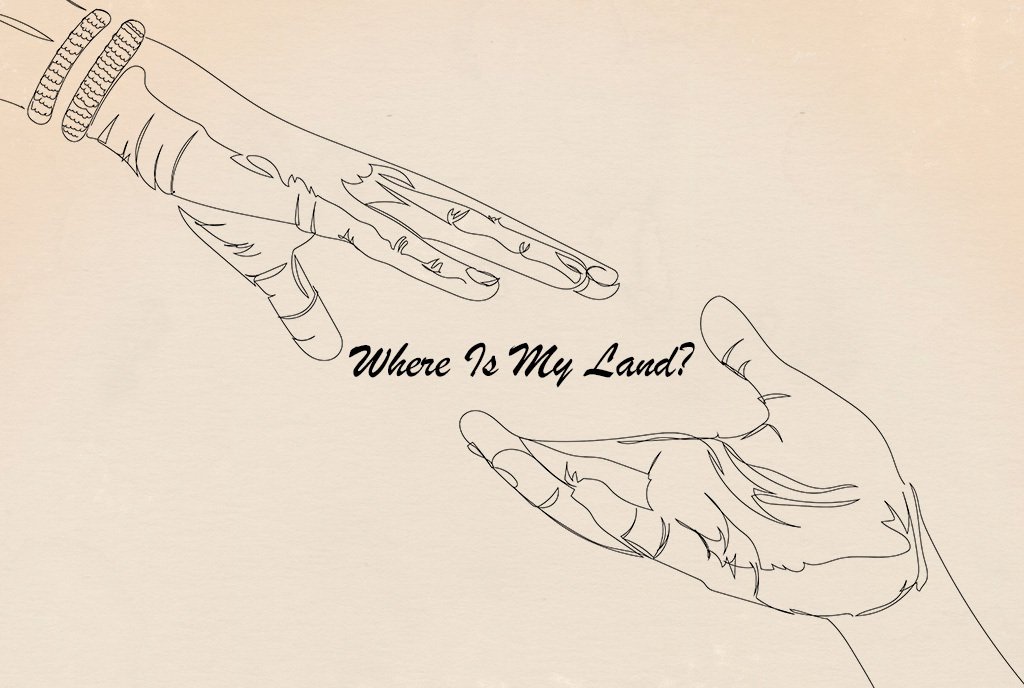July 15, 2016; Hartford Courant
Foundations are generally averse to replacing money lost through state cuts to direct services, but in Connecticut, where approximately $650 million has been lost to such cuts amid a state budget crisis, the Hartford Foundation for Public Giving is opting to offer $1 million to help groups adjust.
The money will come out of the foundation’s general grantmaking budget, said Judy Rozie-Battle, the Foundation’s senior vice president for community investments. According to Rozie-Battle, a four-day survey of the foundation’s 330 active nonprofit grantees received a 23 percent response rate, and the vast majority of these reported losses of $50,000 to $200,000 in funding per agency. Seventy-four percent said they would be either reducing services or closing programs. Eighty-three percent will try to fill the gap with fundraising.
Sign up for our free newsletters
Subscribe to NPQ's newsletters to have our top stories delivered directly to your inbox.
By signing up, you agree to our privacy policy and terms of use, and to receive messages from NPQ and our partners.
The Foundation will prioritize critical needs like food and shelter before looking at mental health, education, the arts, and economic development, but drug abuse and juvenile justice programs are already considering what staff to lay off and what programs to eliminate. In Hamden, the New Choices program, meant to prevent incarceration among young people will close altogether, even though, according to data from the U.S. Department of Justice’s Office of Juvenile Justice and Delinquency Prevention, these kinds of programs helped Connecticut achieve one of the lowest incarceration rates for those under age 18. Additionally, cuts to substance abuse programs in the midst of a national opioid crisis will seriously impact an already-stressed system where the wait for services can be two months long.
There are, of course, many ways for foundations to respond to such severe programmatic cuts. Taking money out of the general budget ($1 million to meet a $650 million gap) says less than increasing payout rates above the norm to share the burden of the sacrifices being made across the state. Funding healthy advocacy in the state is a good prophylactic move, but the fact is that having the foundation do anything in the face of such deep cuts is an expression of community.—Ruth McCambridge












